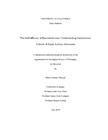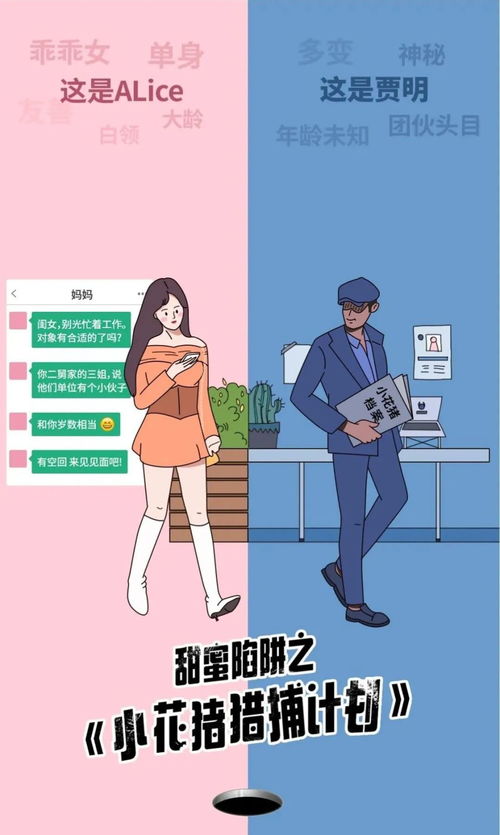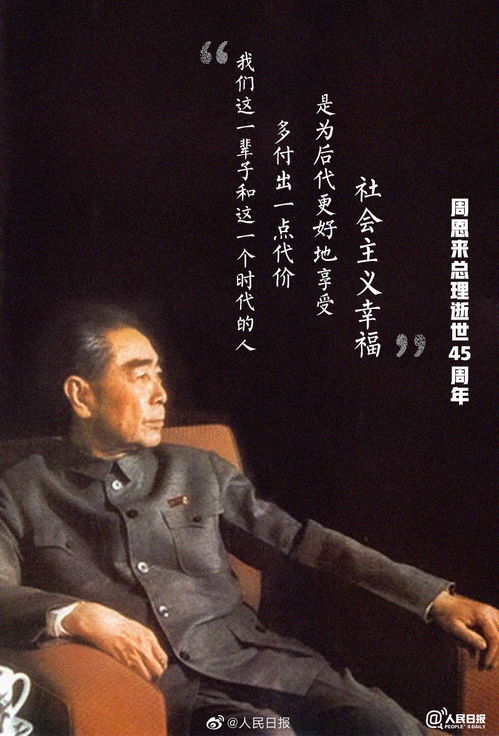The "Generational Gap: Understanding and Bridging the Divide" explores the differences and challenges that exist between different generations. It delves into the various aspects such as values, attitudes, and communication styles that contribute to this gap. By understanding these differences, we can better navigate interactions and build stronger relationships across generations. Bridging the generational divide requires open dialogue, mutual respect, and a willingness to learn from one another. It is essential for creating a harmonious and inclusive society where the wisdom and experiences of all generations are valued and harnessed.
In the tapestry of human society, the concept of generational differences plays a significant role. The term "generational" refers to the division of people into distinct groups based on their birth years and the associated cultural, social, and historical contexts. Each generation is shaped by the events, values, and technological advancements of its time, creating a unique set of characteristics and perspectives that can sometimes lead to a gap between different age cohorts. Understanding and bridging this generational gap is crucial for harmonious coexistence, effective communication, and progress in our increasingly diverse world.
The first generation to be significantly influenced by the Industrial Revolution, born between 1780 and 1840, witnessed profound changes in the way people lived and worked. They transitioned from agrarian economies to factory-based manufacturing, which brought about new social and economic structures. This generation valued hard work, discipline, and a sense of duty. They were shaped by the challenges of urbanization and the need to adapt to a rapidly changing technological landscape. Their values emphasized stability and traditional family values, which were the foundation of society at that time.
The next generation, born between 1840 and 1900, grew up during a period of great social and political upheaval. The Industrial Revolution continued to reshape economies, and new technologies such as the telegraph and the telephone emerged. This generation was more influenced by social reform movements and a growing sense of individualism. They questioned the status quo and sought to improve the lives of the working class and marginalized groups. Their values included social justice, equality, and the pursuit of personal freedom.
The generation born between 1900 and 1945 experienced two world wars, the Great Depression, and significant technological advancements such as the automobile and the airplane. This period was marked by a sense of sacrifice and a determination to rebuild after the devastation. This generation valued patriotism, hard work, and the importance of family and community. They also witnessed the rise of the welfare state and the expansion of social programs.
The baby boomer generation, born between 1946 and 1964, grew up during a time of economic prosperity and social change. They were the first generation to benefit from mass education and had access to new technologies such as television and the internet. This generation was characterized by a sense of optimism and a desire for social change. They were involved in the civil rights movement, the anti-war movement, and the feminist movement, which sought to challenge traditional social and gender norms.
The generation born between 1965 and 1980, often referred to as Generation X, grew up in a more individualistic and diverse society. They experienced the rise of globalization, the information age, and the end of the Cold War. This generation was shaped by a sense of uncertainty and a need to find their own identities. They were more likely to pursue higher education and enter the workforce at a younger age. Their values included independence, self-reliance, and a focus on work-life balance.
The millennial generation, born between 1981 and 1996, grew up in a digital age and have been shaped by the rapid advancement of technology. They are more connected than any previous generation and have access to vast amounts of information. This generation is characterized by a sense of social responsibility and a desire to make a positive impact on the world. They are involved in social justice issues such as climate change, equality, and human rights.
The generation born after 1996, often referred to as Generation Z, is growing up in a world that is constantly changing and evolving. They are digital natives and have been shaped by social media, smartphones, and other technologies. This generation is characterized by a sense of adaptability and a desire to make a difference in the world. They are more likely to be involved in social and political issues and are more open to new ideas and perspectives.
The generational gap can lead to misunderstandings, conflicts, and a lack of effective communication. For example, older generations may value traditional values and ways of doing things, while younger generations may be more open to new ideas and technologies. This can lead to a disconnect between the two groups and a lack of mutual understanding. Additionally, the generational gap can also affect the workplace, where different generations may have different work styles and expectations.
To bridge the generational gap, it is essential to understand and respect the values and perspectives of each generation. This requires open and honest communication, as well as a willingness to listen and learn from one another. It is also important to recognize that each generation has its own strengths and weaknesses, and that we can learn from the experiences and perspectives of others.
In conclusion, the concept of generational differences is an important aspect of human society. Each generation is shaped by the events, values, and technological advancements of its time, creating a unique set of characteristics and perspectives. Understanding and bridging the generational gap is crucial for harmonious coexistence, effective communication, and progress in our increasingly diverse world. By respecting and learning from one another, we can create a more inclusive and understanding society that benefits everyone.








 京公网安备冀I陇ICP备2022000946号-1
京公网安备冀I陇ICP备2022000946号-1
还没有评论,来说两句吧...